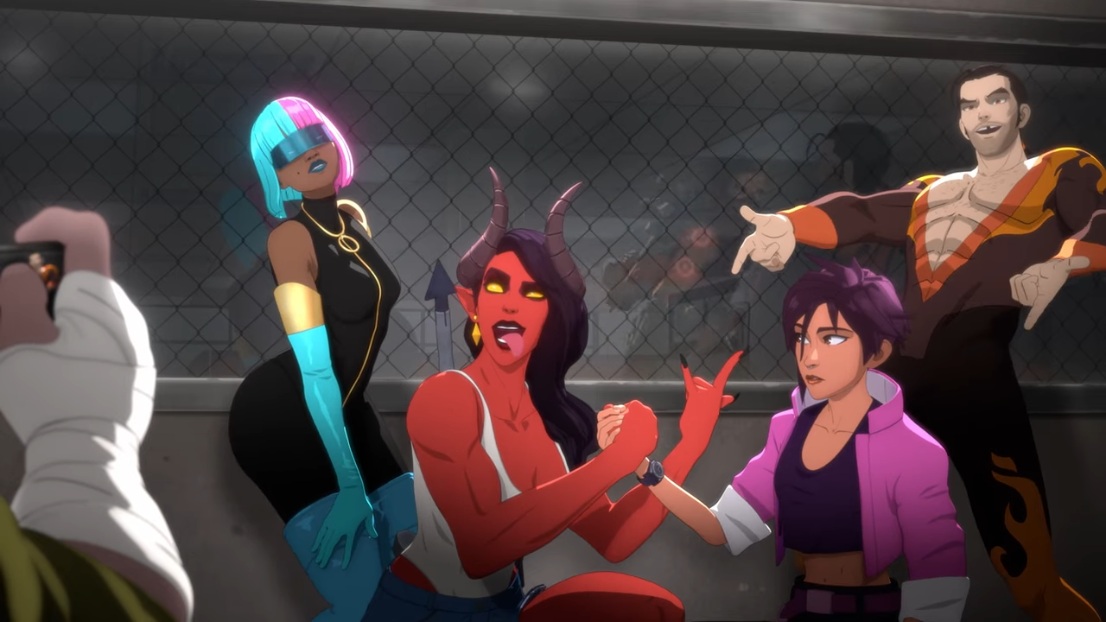When Monolith Productions launched the 1960s-themed first-person shooter The Operative: No One Lives Forever for Windows PCs in 2000, it immediately made waves in the gaming industry.
The title, published by Fox Interactive, earned widespread acclaim and awards from leading outlets such as Computer Games Magazine, IGN, and Gamespot.
With its unique blend of humor, espionage, and innovative gameplay, No One Lives Forever (commonly known as NOLF) quickly became a PC classic. Spurred by NOLF’s success, both Monolith Productions and Fox Interactive sought to expand the game's reach by bringing it to other platforms, hoping to maintain its momentum and build anticipation for the upcoming sequel, No One Lives Forever 2: A Spy in H.A.R.M.'s Way.
However, transitioning a PC hit like NOLF to consoles, particularly the PlayStation 2, posed significant challenges for the Washington-based developer. At the time, Monolith had only worked on PC projects, using its proprietary LithTech engine exclusively for computer games.
The studio had no prior experience with console development, and the LithTech engine had never been used on PlayStation hardware.
As a result, a small, dedicated team within Monolith was assembled to tackle the complex process of porting the critically acclaimed PC title to Sony’s second-generation console, pioneering new technology and processes for the studio. Speaking recently with Matthew Allen, a former lead artist at Monolith Productions, he provided insight into the formidable undertaking.
Allen explained that after the PC version's hit status, the LithTech team initiated work on a PlayStation 2 port of the engine, initially showcasing a demo featuring models from previous projects.
The port’s purpose was to push the new technology and leverage NOLF’s popularity.
"The company needed a challenging project to test our engine’s capabilities on PlayStation 2, so they suggested we use No One Lives Forever.
Despite coming off a poorly performing project, I was entrusted with leading a team to adapt all of NOLF’s content for the console," Allen recounted. Allen described the process as extremely demanding, compounded by PlayStation 2’s hardware limitations.
He remembered early engineering meetings where the team was tasked with dissecting the PC version’s assets for the new platform, relying on a collaborative relationship with LithTech’s engineers, especially Matthew Scott, who played a significant role in overcoming technical barriers.
The development stretched over nine to twelve months, with Allen candidly admitting, "We made it run, and we actually shipped it, but the game was very challenging on PS2." The PlayStation 2 version introduced several changes to accommodate the hardware, including three exclusive scenes and an entirely new soundtrack, replacing Guy Whitmore’s original score.
However, some features—such as multiplayer, quick save, and the customizable HUD—had to be removed, resulting in a noticeably different experience compared to the PC release. The response from critics to the PlayStation 2 port reflected these constraints.
Whereas the original No One Lives Forever was celebrated for its innovation and charm, the PS2 edition garnered substantially lower scores.
Gamespot, which awarded the PC release an impressive 9.3/10, rated the PS2 version just 4.6/10, noting the absence of key features like autosave made gameplay more frustrating.
IGN similarly criticized the port, lamenting performance issues and graphical downgrades. Despite the difficulties, the project marked a significant milestone for Monolith Productions, serving as both a technical learning experience and a testament to the complexities involved in bringing PC classics to console audiences.
The story of No One Lives Forever’s PS2 port remains a fascinating chapter in gaming history, highlighting the challenges developers face when adapting ambitious PC titles for new hardware environments.
The title, published by Fox Interactive, earned widespread acclaim and awards from leading outlets such as Computer Games Magazine, IGN, and Gamespot.
With its unique blend of humor, espionage, and innovative gameplay, No One Lives Forever (commonly known as NOLF) quickly became a PC classic. Spurred by NOLF’s success, both Monolith Productions and Fox Interactive sought to expand the game's reach by bringing it to other platforms, hoping to maintain its momentum and build anticipation for the upcoming sequel, No One Lives Forever 2: A Spy in H.A.R.M.'s Way.
However, transitioning a PC hit like NOLF to consoles, particularly the PlayStation 2, posed significant challenges for the Washington-based developer. At the time, Monolith had only worked on PC projects, using its proprietary LithTech engine exclusively for computer games.
The studio had no prior experience with console development, and the LithTech engine had never been used on PlayStation hardware.
As a result, a small, dedicated team within Monolith was assembled to tackle the complex process of porting the critically acclaimed PC title to Sony’s second-generation console, pioneering new technology and processes for the studio. Speaking recently with Matthew Allen, a former lead artist at Monolith Productions, he provided insight into the formidable undertaking.
Allen explained that after the PC version's hit status, the LithTech team initiated work on a PlayStation 2 port of the engine, initially showcasing a demo featuring models from previous projects.
The port’s purpose was to push the new technology and leverage NOLF’s popularity.
"The company needed a challenging project to test our engine’s capabilities on PlayStation 2, so they suggested we use No One Lives Forever.
Despite coming off a poorly performing project, I was entrusted with leading a team to adapt all of NOLF’s content for the console," Allen recounted. Allen described the process as extremely demanding, compounded by PlayStation 2’s hardware limitations.
He remembered early engineering meetings where the team was tasked with dissecting the PC version’s assets for the new platform, relying on a collaborative relationship with LithTech’s engineers, especially Matthew Scott, who played a significant role in overcoming technical barriers.
The development stretched over nine to twelve months, with Allen candidly admitting, "We made it run, and we actually shipped it, but the game was very challenging on PS2." The PlayStation 2 version introduced several changes to accommodate the hardware, including three exclusive scenes and an entirely new soundtrack, replacing Guy Whitmore’s original score.
However, some features—such as multiplayer, quick save, and the customizable HUD—had to be removed, resulting in a noticeably different experience compared to the PC release. The response from critics to the PlayStation 2 port reflected these constraints.
Whereas the original No One Lives Forever was celebrated for its innovation and charm, the PS2 edition garnered substantially lower scores.
Gamespot, which awarded the PC release an impressive 9.3/10, rated the PS2 version just 4.6/10, noting the absence of key features like autosave made gameplay more frustrating.
IGN similarly criticized the port, lamenting performance issues and graphical downgrades. Despite the difficulties, the project marked a significant milestone for Monolith Productions, serving as both a technical learning experience and a testament to the complexities involved in bringing PC classics to console audiences.
The story of No One Lives Forever’s PS2 port remains a fascinating chapter in gaming history, highlighting the challenges developers face when adapting ambitious PC titles for new hardware environments.






